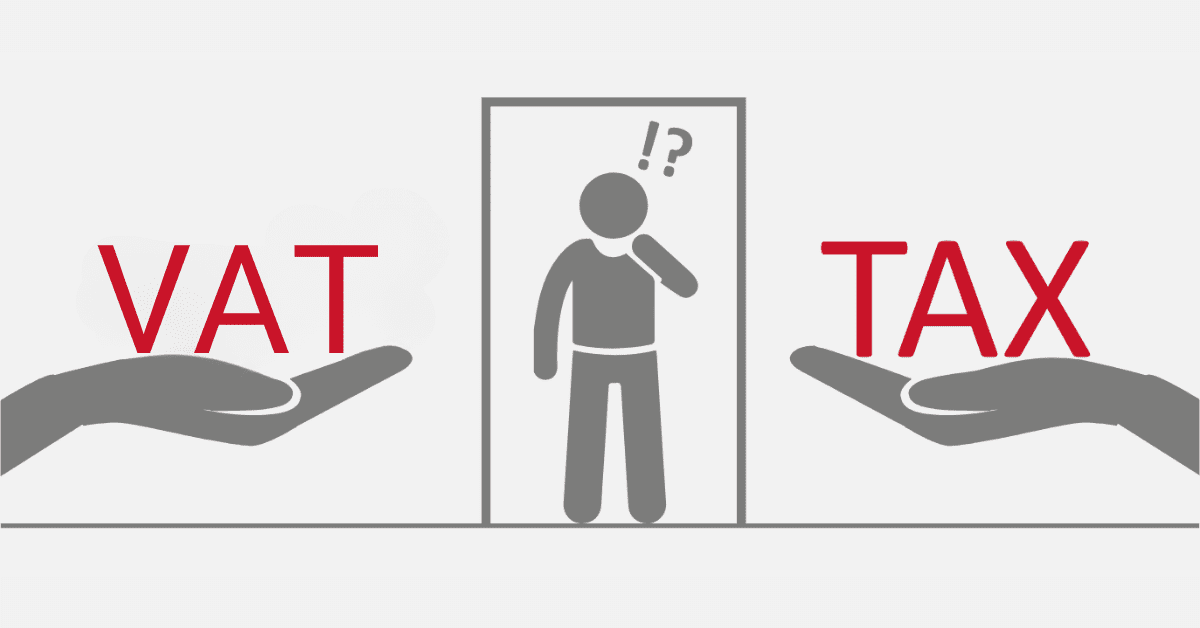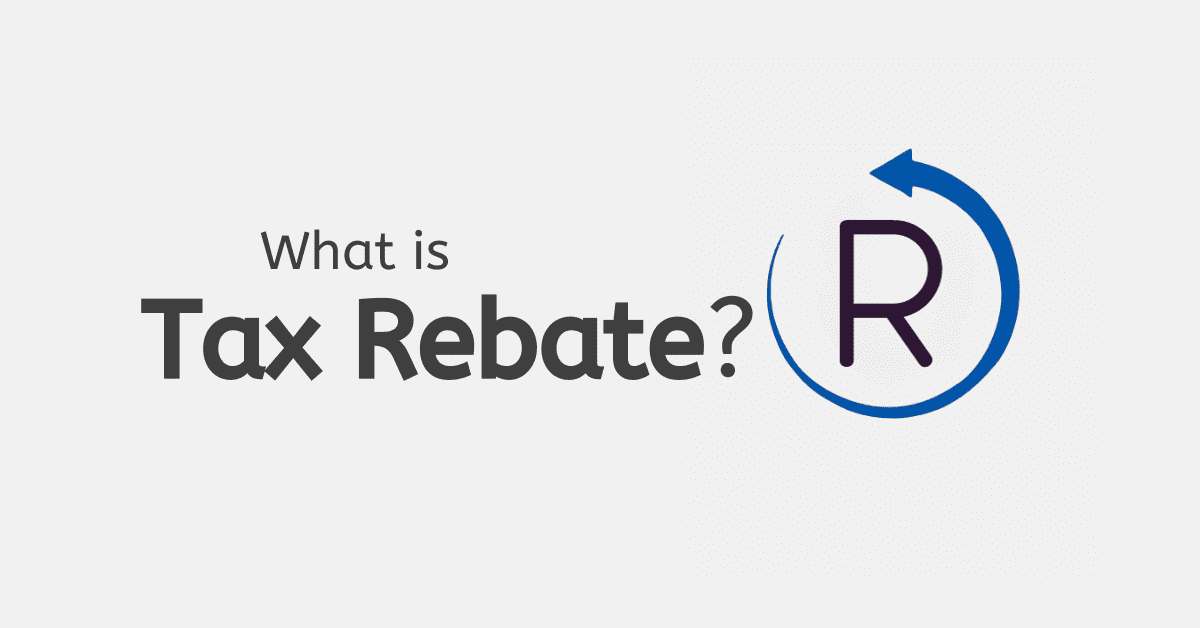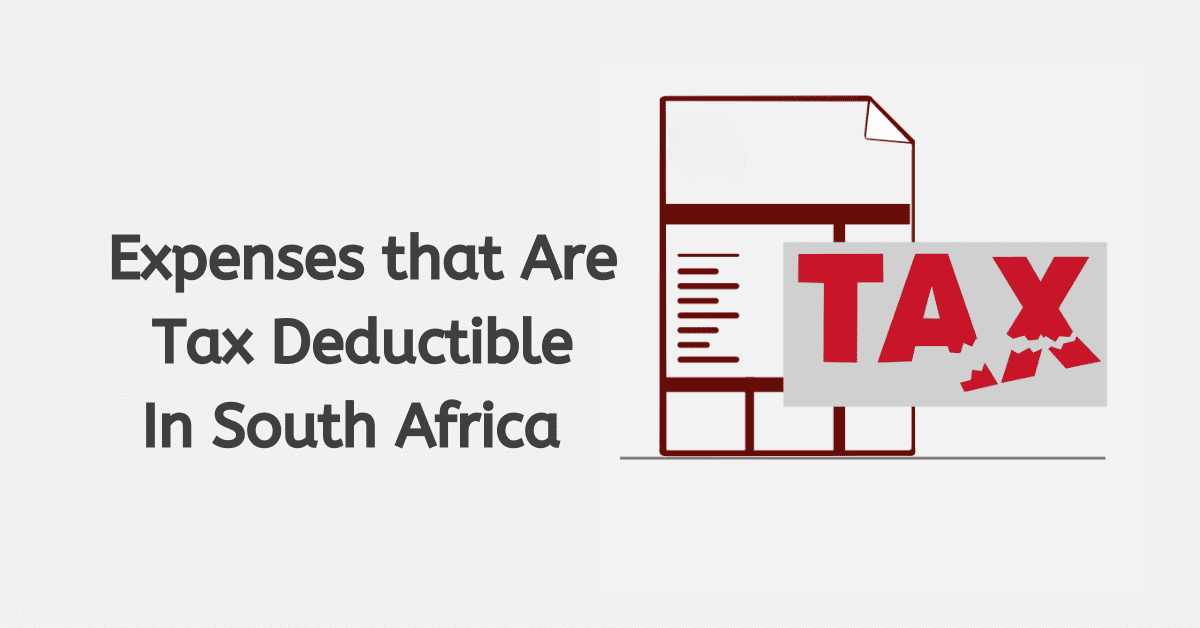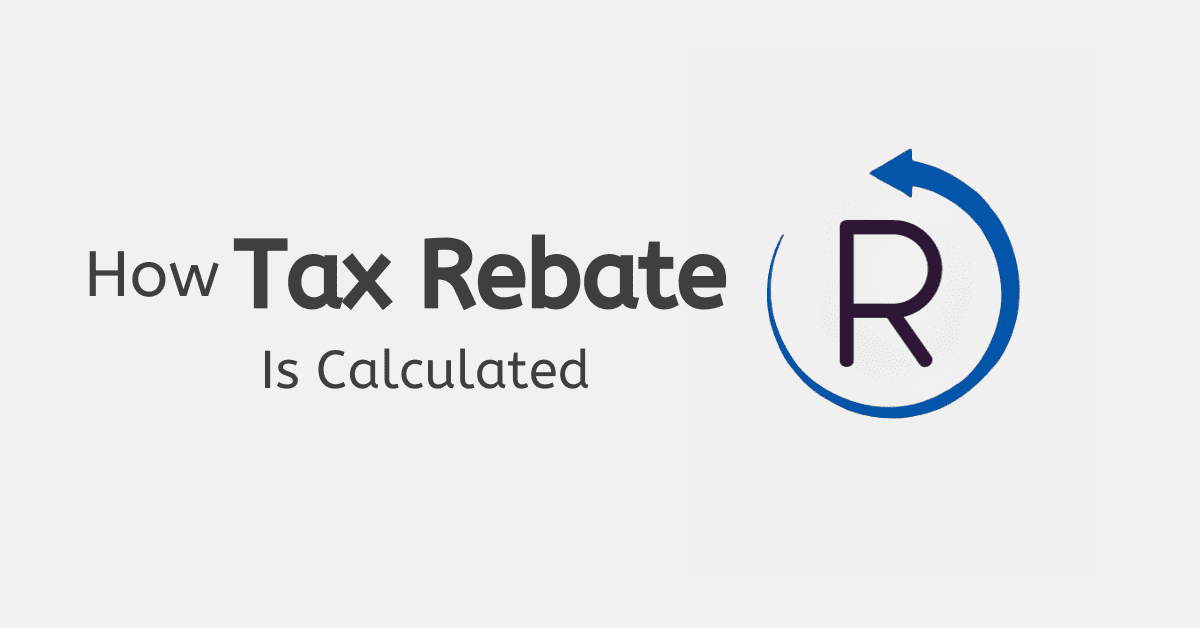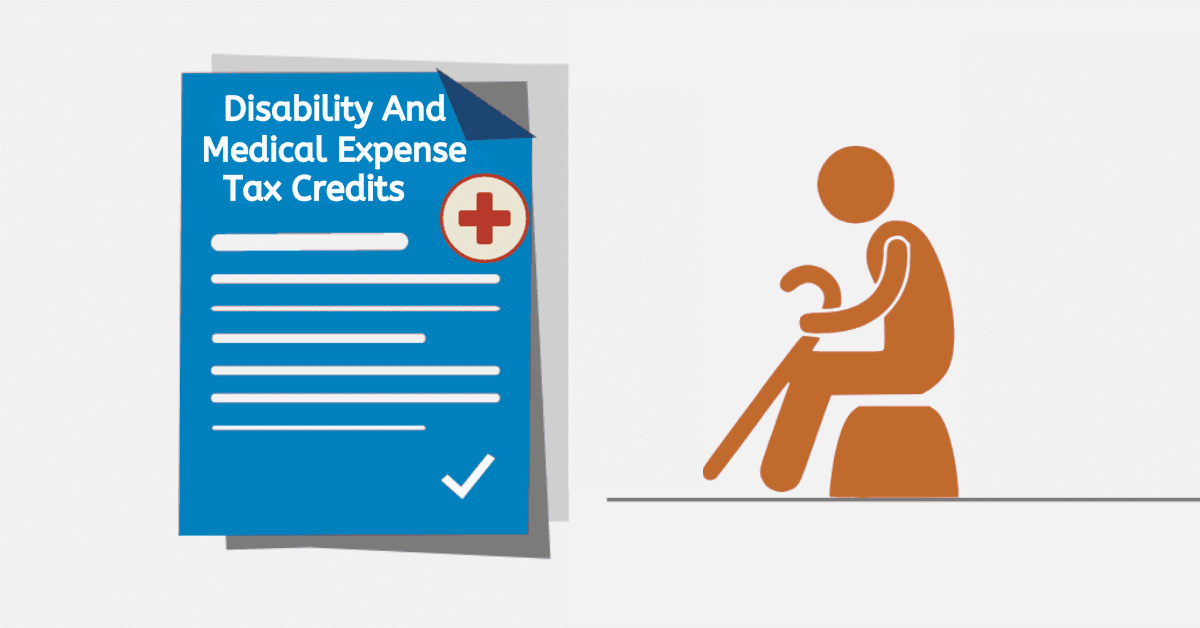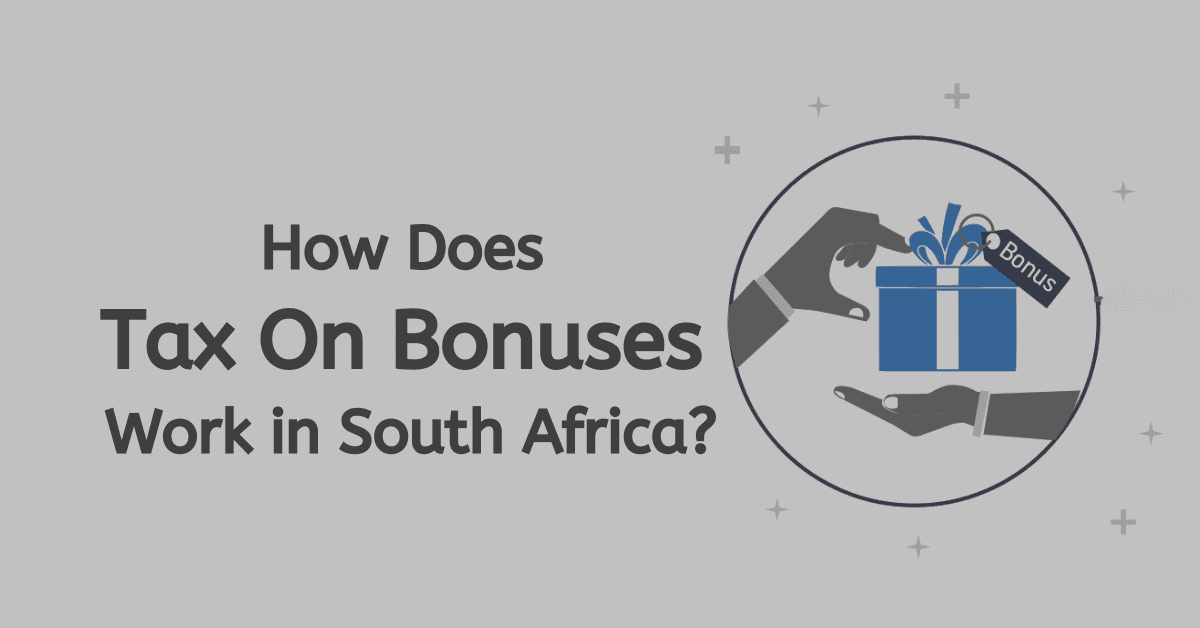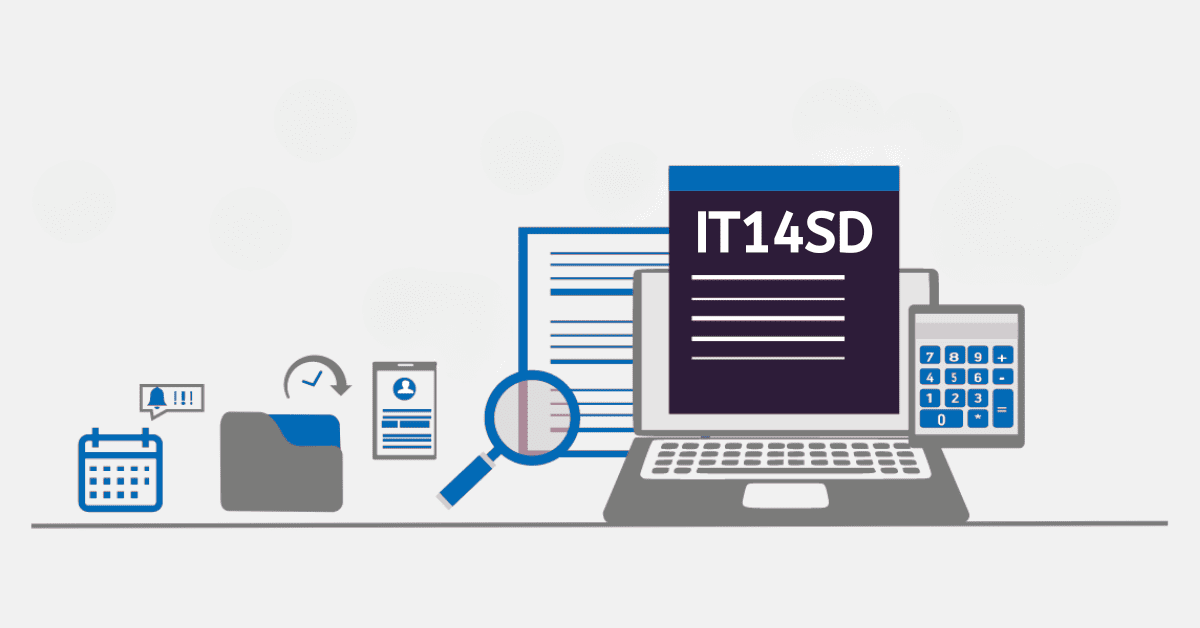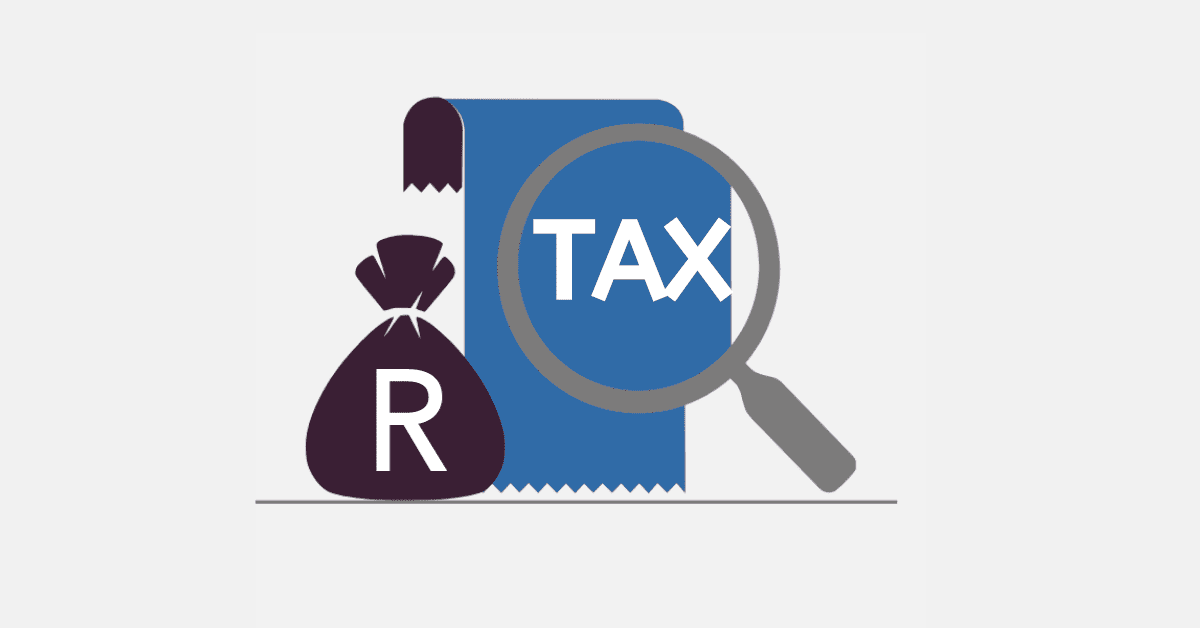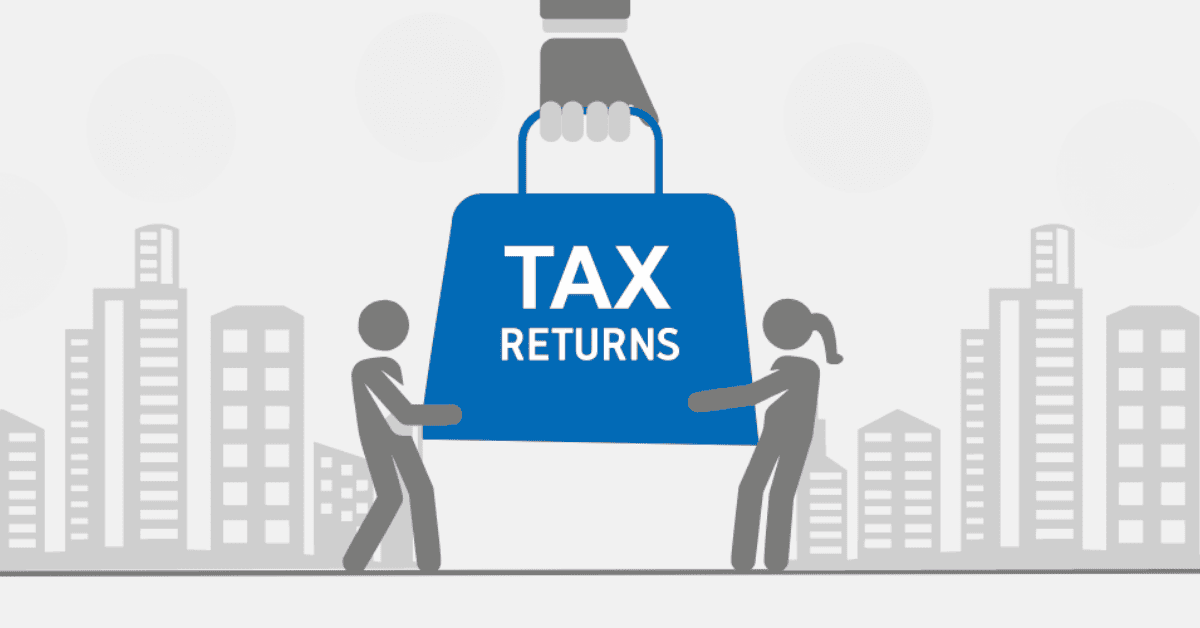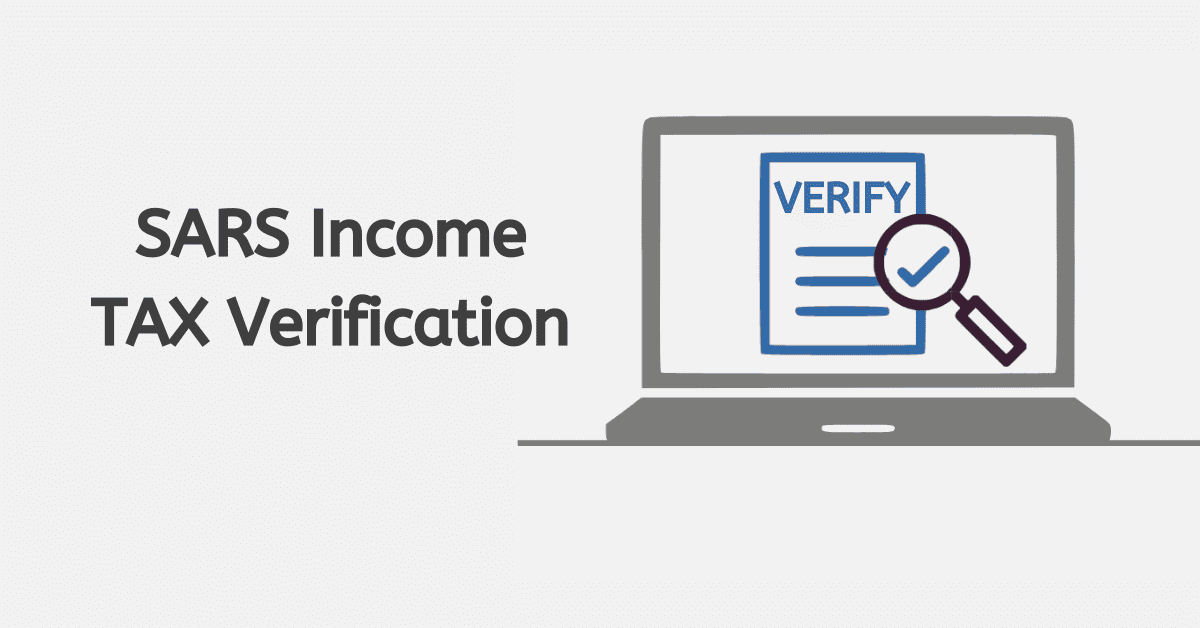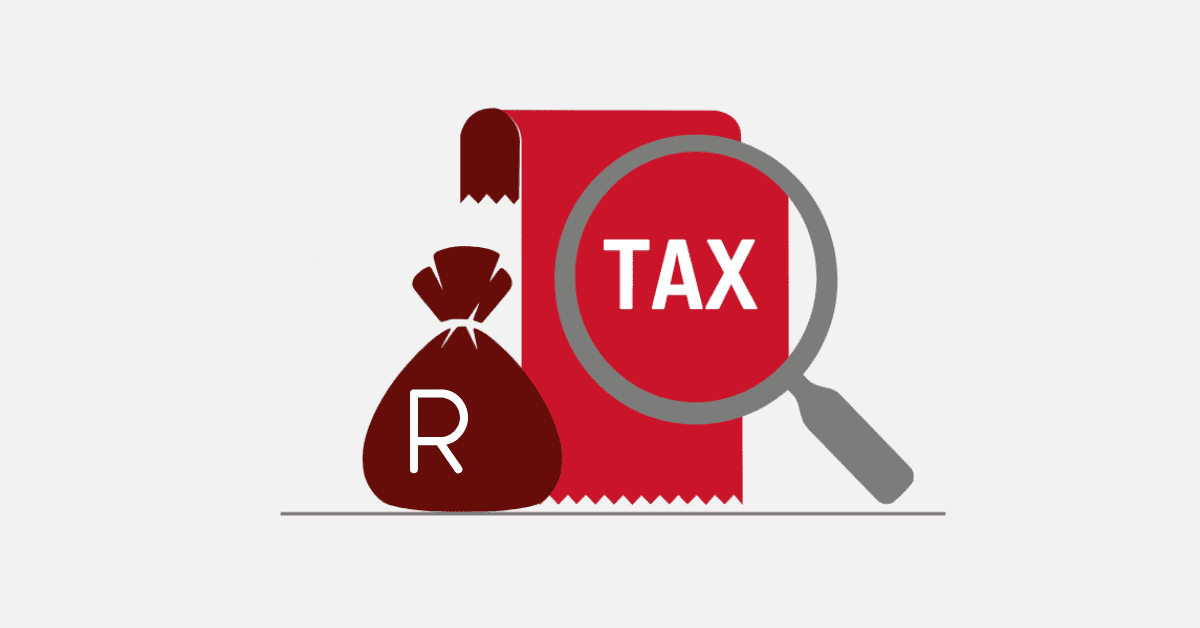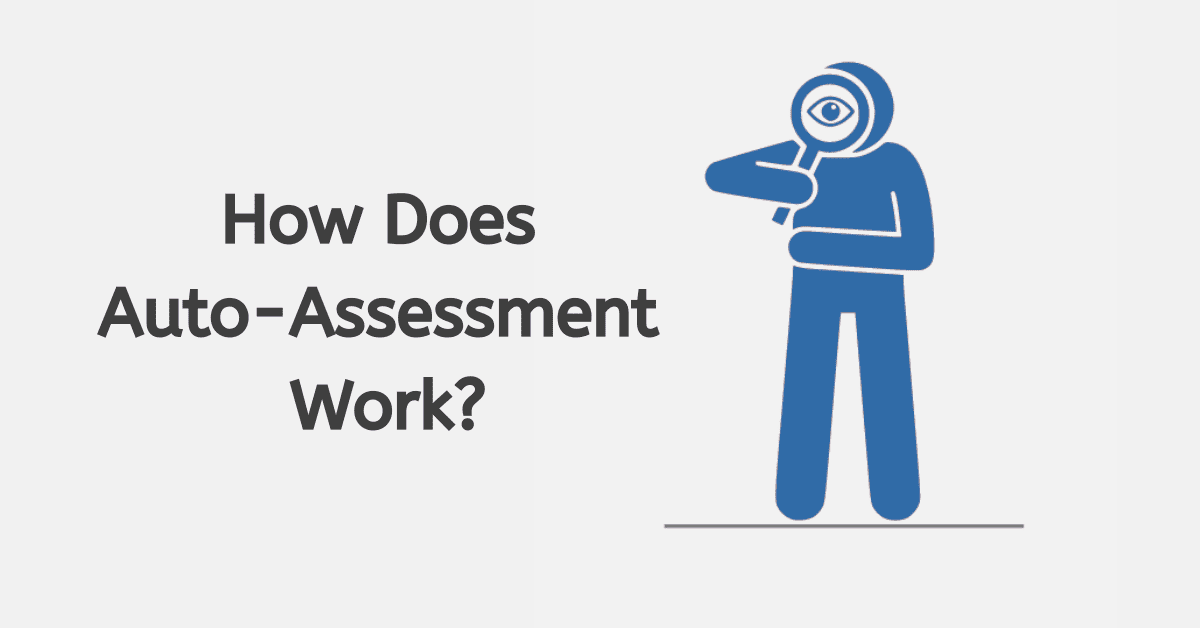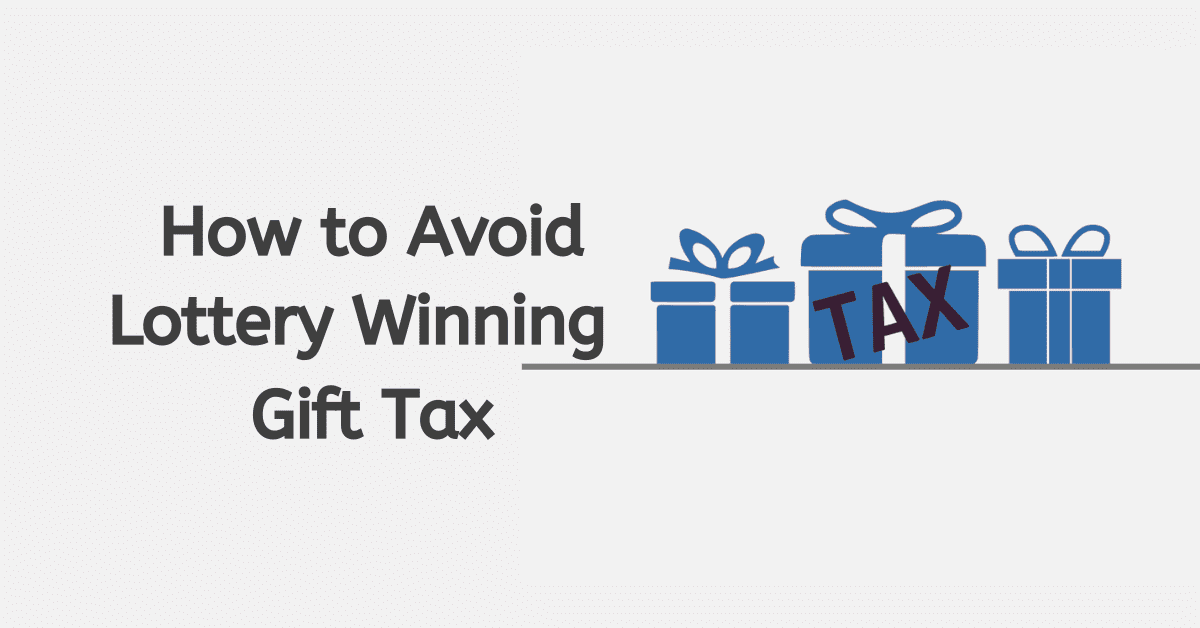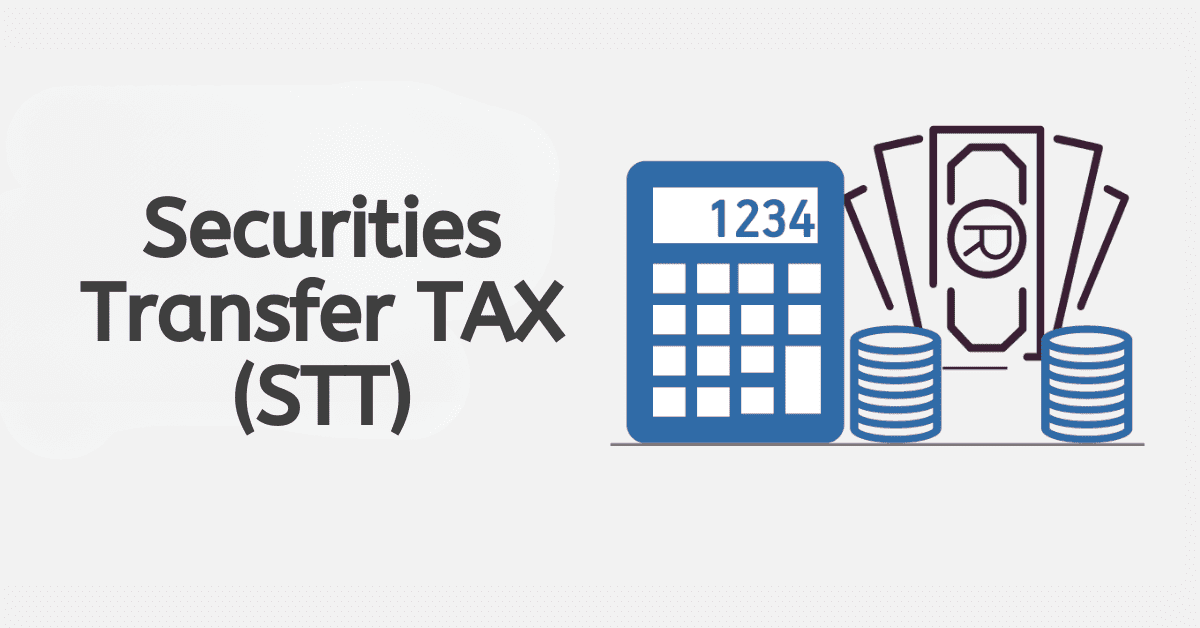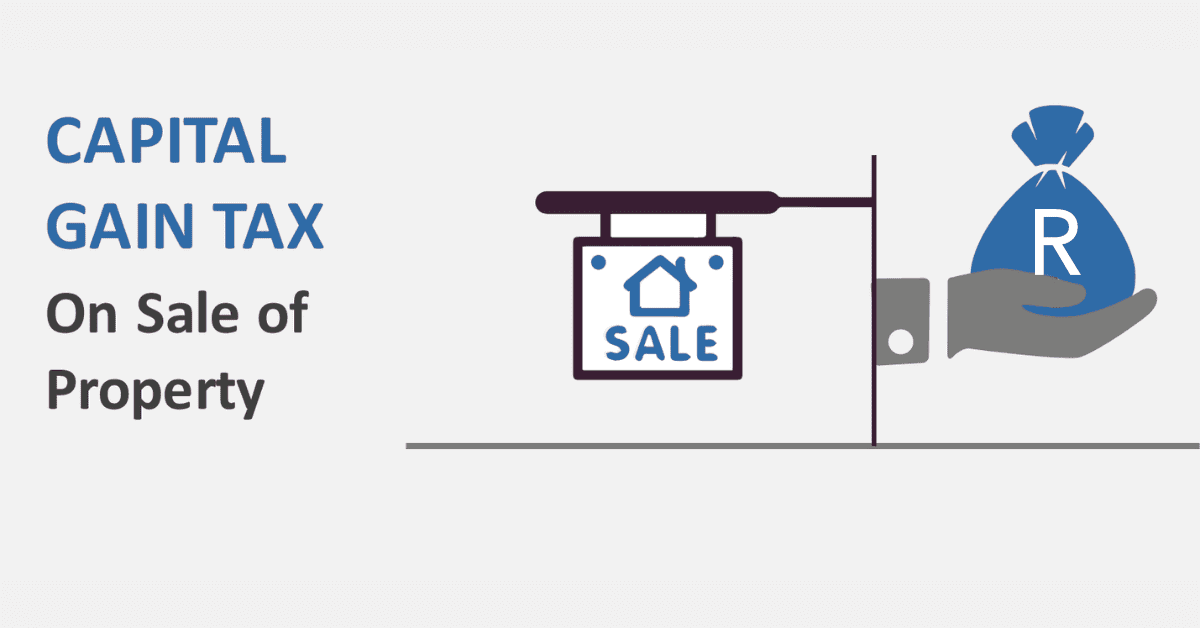Estate duty, often known as inheritance tax in South Africa, is a tax imposed on the assets and property left behind by a deceased individual. This tax applies before these assets are distributed to the heirs. While it’s an inherent aspect of estate planning, individuals often explore legal avenues to reduce or evade inheritance tax. This guide explores strategies for reducing or avoiding inheritance tax
How to Avoid Inheritance Tax in South Africa
In South Africa, inheritance tax is known as estate duty. It is governed by the Estate Duty Act, which imposes a tax on the estate of every person who passes away and whose net estate exceeds a certain threshold. The net estate is calculated by deducting allowable deductions and rebates from the gross estate.
As of the 2025 tax year, the following estate duty rates apply in South Africa:
- Up to R30 million: 20%
- Above R30 million: 25%
Estate duty is a crucial government revenue source, yet lawful means exist to reduce its influence on your estate. Check the guide:
1. Estate Planning
Estate planning is a crucial step in managing inheritance tax. By structuring your estate effectively, you can reduce its taxable value. Common strategies include:
- Making use of the annual donation tax exemption: South Africa allows individuals to make tax-free donations up to a certain limit each year. By gifting assets to your beneficiaries during your lifetime, you can reduce the overall value of your estate subject to estate duty.
- Creating a trust: Placing assets in a trust can remove them from your estate for estate duty purposes. However, be aware that South Africa has specific anti-avoidance measures in place to prevent abuse of trusts for tax purposes.
- Leveraging the spouse exemption: Transfers between spouses are exempt from estate duty. Properly structured, this can significantly reduce the overall estate duty liability.
2. Life Insurance
Life insurance policies are not subject to estate duty when the benefits are paid directly to the beneficiaries and not to the estate. By setting up life insurance policies with beneficiaries named, you can provide your loved ones with a tax-free inheritance that doesn’t increase your estate’s taxable value.
3. Charitable Bequests
Donations to registered public benefit organizations are exempt from estate duty. If you have philanthropic intentions, consider leaving a portion of your estate to a charitable cause.
4. Foreign Assets
South Africa has specific rules regarding foreign assets, which may be subject to estate duty. However, there are strategies to minimize this, such as placing foreign assets in a foreign trust or using a foreign will.
Do Beneficiaries Pay Tax on Inheritance in South Africa?
In South Africa, beneficiaries do not pay tax on their inheritance. Rather than taxing the beneficiaries, estate duty is imposed on the estate of the deceased individual before its distribution. The duty of settling the estate duty bill rests with the appointed executor of the deceased person’s estate. The beneficiaries receive their inheritances after any applicable estate duty has been settled.
Understanding the estate planning and tax strategies used by the deceased is crucial for beneficiaries. These choices can impact the size and tax consequences of what you inherit. For guidance on any tax-related matters tied to your inheritance, consider consulting a tax advisor or attorney.
Is There a Way to Avoid Inheritance Tax?
While it’s challenging to entirely avoid inheritance tax (estate duty) in South Africa, there are legal strategies to minimize its impact on your estate. These strategies primarily revolve around prudent estate planning, as mentioned earlier, including making use of tax exemptions, trusts, life insurance, and charitable bequests.
It’s crucial to approach inheritance tax planning with transparency and adherence to South Africa’s tax laws. Attempting to evade or illegally reduce estate duty can lead to severe legal consequences.
What Is Excluded from Estate Duty in South Africa?
Certain assets and amounts are excluded from estate duty calculations in South Africa. These exclusions can help reduce the taxable value of an estate. As of the 2025 tax year, some of the key exclusions include:
- Bequests to Surviving Spouse: Transfers between spouses are exempt from estate duty. This means that assets left to a surviving spouse are not subject to estate duty.
- Primary Residence: The primary residence of the deceased, up to a maximum value of R10 million, is excluded from estate duty. This exclusion aims to provide protection for family homes.
- Personal Use Assets: Assets like vehicles, furniture, and household goods are excluded from estate duty.
- Bequests to Approved Public Benefit Organizations: Donations to registered public benefit organizations are exempt from estate duty.
- Section 4(q)-Related Deductions: This provision allows you to subtract specific debts of the deceased that are recognized as liabilities within the estate.
To keep your estate planning current and in harmony with the latest tax regulations, it’s a smart move to stay updated on changes in tax laws and seek counsel from a tax advisor or attorney.
While entirely escaping inheritance tax (estate duty) in South Africa can be challenging, there are lawful and legitimate approaches to reduce its impact on your estate. You can lower the taxable value of your estate through effective planning. This can involve utilizing tax exemptions, setting up trusts, considering life insurance, and including charitable gifts. Always remember to follow South Africa’s tax laws to ensure your assets pass smoothly to your beneficiaries with minimal tax obligations.
